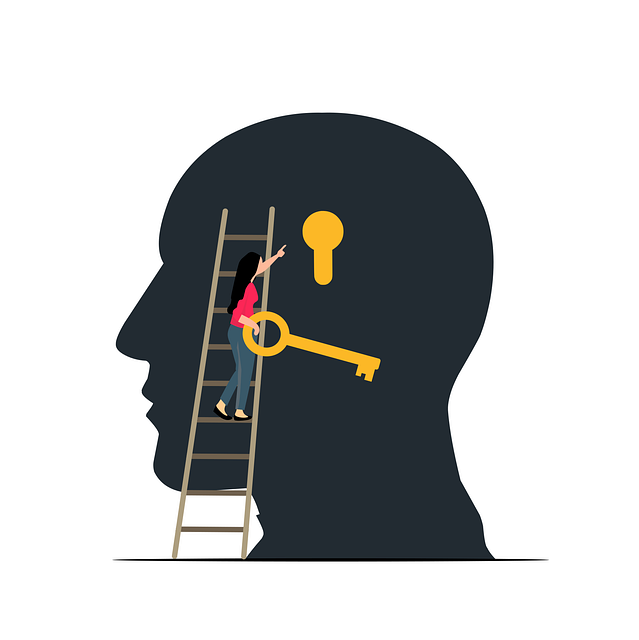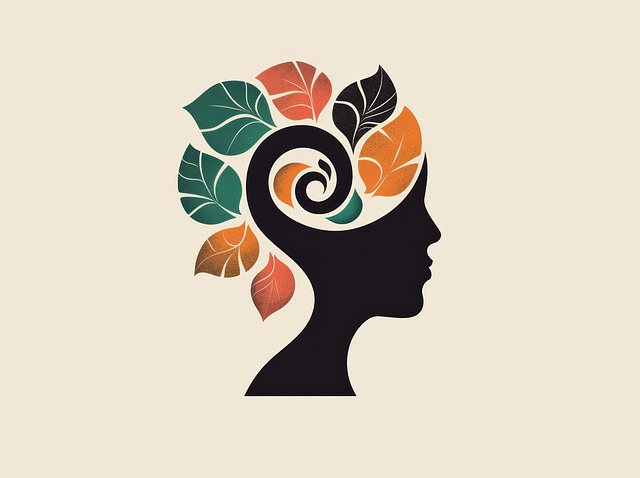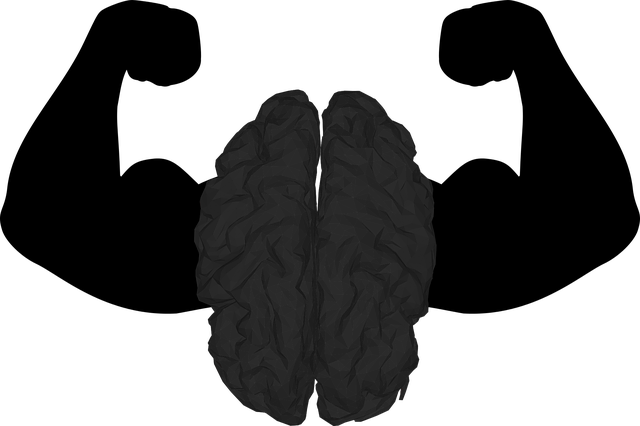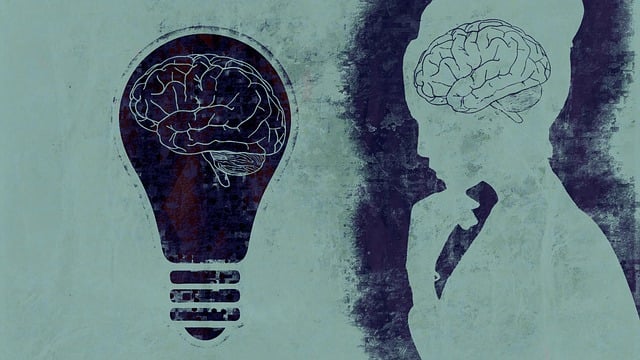Trauma within deaf communities often arises from medical experiences, discrimination, or social isolation, leading to severe mental health issues. Specialized ASL therapy tailored with cultural sensitivity and emotional intelligence is crucial for addressing these challenges. Qualified therapists use visual aids and sign language interpretation to create safe spaces and promote healing while preventing provider burnout. Community outreach programs implement workshops and technology-aided services to overcome access barriers, ensuring better mental health outcomes. Post-therapy, building resilient communities through social events, support groups, and educational workshops supports long-term emotional recovery for ASL users.
Trauma support services are crucial for Deaf communities, who often face unique challenges. This article explores the profound impact of trauma and its specific effects on Deaf individuals, highlighting the essential role of American Sign Language (ASL) therapists in providing specialized care. We delve into accessing therapy for ASL users, discussing barriers and innovative solutions. Effective treatment approaches tailored to this population are examined, emphasizing the importance of building resilient communities post-therapy.
- Understanding Trauma and Its Impact on Deaf Communities
- The Role of American Sign Language (ASL) Therapists in Support Services
- Accessing Therapy for ASL Users: Challenges and Solutions
- Effective Treatment Approaches for Trauma in the ASL Population
- Building Resilient Communities: Ensuring Continuous Support After Therapy
Understanding Trauma and Its Impact on Deaf Communities

Trauma can significantly impact deaf communities, often exacerbating existing challenges faced by individuals who communicate primarily through American Sign Language (ASL). Understanding trauma within this context requires recognizing its unique manifestations and cultural nuances. Deaf individuals may experience trauma due to various factors, including past medical experiences, discrimination, or social isolation, which can lead to anxiety, depression, and other mental health issues.
Addressing trauma in deaf communities necessitates specialized services that cater to their specific needs. Therapy for American Sign Language users must incorporate cultural sensitivity and emotional intelligence to create safe spaces where individuals feel understood and supported. Moreover, burnout prevention strategies for healthcare providers who serve these communities are vital to ensuring sustained quality care. By adopting approaches that consider the unique cultural and linguistic aspects of deaf individuals, mental health practitioners can foster meaningful connections and promote healing in a way that respects and empowers this community.
The Role of American Sign Language (ASL) Therapists in Support Services

In the realm of trauma support services, American Sign Language (ASL) therapists play a pivotal role in ensuring comprehensive care for deaf and hard-of-hearing individuals who have experienced traumatic events. Therapy for American Sign Language users is tailored to address unique challenges these individuals often face, such as limited access to mental health resources that cater specifically to their needs. These therapists employ specialized techniques to facilitate emotional regulation, a crucial aspect of recovery from trauma, using ASL as the primary mode of communication. By integrating ASL into therapy sessions, they create inclusive and accessible environments, fostering open dialogue about sensitive topics.
Beyond individual therapy, ASL therapists contribute to Mental Health Policy Analysis and Advocacy, pushing for more inclusive Trauma Support Services. They bring attention to the specific barriers deaf individuals encounter when seeking help, advocating for improved services and policies that recognize and address their unique challenges. Through their expertise in both ASL and trauma support, these professionals revolutionize care, ensuring that emotional healing becomes a tangible reality for all, regardless of hearing abilities.
Accessing Therapy for ASL Users: Challenges and Solutions

Accessing therapy for American Sign Language (ASL) users presents unique challenges that often create barriers to essential mental health support. Many ASL users face difficulties in finding qualified therapists who are proficient in both language and cultural sensitivity, leading to a lack of inclusive treatment options. This is particularly concerning given the high prevalence of trauma among deaf communities due to historical and ongoing discrimination, isolation, and limited access to education and healthcare services.
To address these challenges, community outreach program implementation has proven effective. Organizations are increasingly offering specialized emotional intelligence workshops and stress management programs tailored for ASL users. These initiatives not only raise awareness about available resources but also equip individuals with valuable coping strategies. By integrating technology like live captioning and sign language interpretation during therapy sessions, professionals can create a more accessible environment, fostering trust and encouraging open communication. Such inclusive practices are pivotal in ensuring that deaf individuals receive the compassionate and competent care they deserve, ultimately contributing to improved mental health outcomes within the ASL community.
Effective Treatment Approaches for Trauma in the ASL Population

Effective treatment approaches for trauma in the American Sign Language (ASL) population often require specialized and inclusive strategies. Therapy for ASL users should incorporate visual aids, sign language interpreters, and culturally sensitive techniques to ensure accessibility and understanding. One successful method is integrating Social Skills Training to help individuals navigate social interactions, which can be challenging due to the unique communication methods required in the ASL community. Additionally, Burnout Prevention strategies are crucial as trauma work can be emotionally demanding. Mental Wellness Coaching Programs Development tailored for ASL users can promote self-care practices and build resilience.
These approaches not only address the immediate trauma but also foster long-term mental wellness. By combining therapeutic techniques with specific support programs, professionals can better cater to the diverse needs of the ASL population, ensuring they receive effective care that respects their cultural and linguistic identity.
Building Resilient Communities: Ensuring Continuous Support After Therapy

After completing therapy for American Sign Language (ASL) users experiencing trauma, building resilient communities is essential to ensure continuous support. This involves creating safe spaces where individuals can connect, share experiences, and learn from one another. Organizations can facilitate this by hosting regular social events, support groups, and educational workshops focused on coping skills development and stress management. These initiatives foster a sense of belonging and empower participants with practical tools for navigating post-traumatic stress.
Community engagement is key to long-term healing. By organizing self-awareness exercises and collaborative activities, support networks can strengthen bonds among members, enhance emotional resilience, and promote effective communication. Such continuous support systems are vital in helping ASL users maintain their mental health, especially during challenges that may arise in their daily lives.
In addressing trauma within Deaf communities, recognizing the unique needs of ASL users and providing accessible therapy is paramount. By integrating American Sign Language therapists into support services, we can overcome barriers and offer effective treatment approaches tailored to this population. Continuous community resilience building ensures that individuals receive ongoing support beyond therapy, fostering a network that promotes healing and well-being for all.














